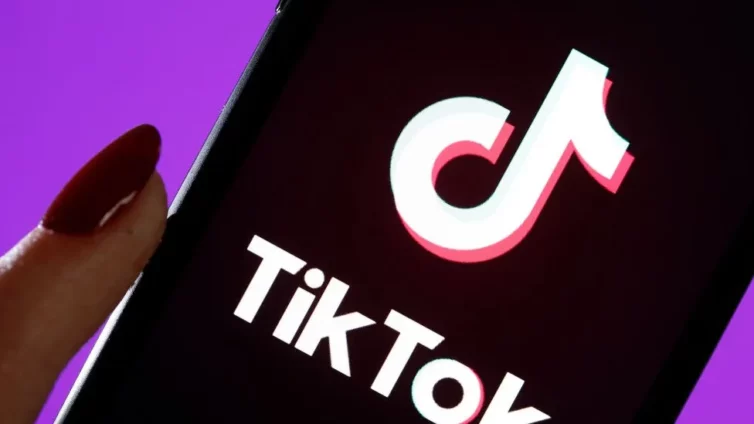A U.S. appeals court has revived a lawsuit against TikTok by the mother of a 10-year-old girl who died after taking part in a viral "blackout challenge" in which users of the social media platform were dared to choke themselves until they passed out.
While a federal law typically shields internet companies from lawsuits over content posted by users, the Philadelphia-based 3rd U.S. Circuit Court of Appeals on Tuesday ruled, that the law does not bar Nylah Anderson's mother from pursuing claims that TikTok's algorithm recommended the challenge to her daughter.
U.S. Circuit Judge Patty Shwartz, writing for the three-judge panel, said that Section 230 of the Communications Decency Act of 1996 only immunizes information provided by third parties and not recommendations TikTok itself made via an algorithm underlying its platform.
She acknowledged the holding was a departure from past court rulings by her court and others holding that Section 230 immunizes an online platform from liability for failing to prevent users from transmitting harmful messages to others.
But she said that reasoning no longer held after a U.S. Supreme Court ruling in July on whether state laws designed to restrict the power of social media platforms to curb content they deem objectionable violate their free speech rights.
In those cases, the Supreme Court held a platform's algorithm reflects "editorial judgments" about "compiling the third-party speech it wants in the way it wants."
Shwartz said under that logic, content curation using algorithms is speech by the company itself, which is not protected by Section 230.
"TikTok makes choices about the content recommended and promoted to specific users, and by doing so, is engaged in its own first-party speech," she wrote.
TikTok did not respond to requests for comment.
Tuesday's ruling reversed a lower-court judge's decision dismissing on Section 230 grounds the case filed by Tawainna Anderson against TikTok and its Chinese parent company ByteDance.
She sued after her daughter Nylah died in 2021 after attempting the blackout challenge using a purse strap hung in her mother's closet.
"Big Tech just lost its 'get-out-of-jail-free card,'" Jeffrey Goodman, the mother's lawyer, said in a statement.
U.S. Circuit Judge Paul Matey, in an opinion partially concurring with Tuesday's ruling, said TikTok in its "pursuit of profits above all other values" may choose to serve children content emphasising "the basest tastes" and "lowest virtues."
"But it cannot claim immunity that Congress did not provide," he wrote.
Latest Stories
-
Ghana and Seychelles strengthen bilateral ties with focus on key sectors
31 mins -
National Elections Security Taskforce meets political party heads ahead of December elections
34 mins -
Samsung’s AI-powered innovations honored by Consumer Technology Association
54 mins -
Fugitive Zambian MP arrested in Zimbabwe – minister
1 hour -
Town council in Canada at standstill over refusal to take King’s oath
1 hour -
Trump picks Pam Bondi as attorney general after Matt Gaetz withdraws
2 hours -
Providing quality seeds to farmers is first step towards achieving food security in Ghana
2 hours -
Thousands of PayPal customers report brief outage
2 hours -
Gary Gensler to leave role as SEC chairman
2 hours -
Contraceptive pills recalled in South Africa after mix-up
2 hours -
Patient sues Algerian author over claims he used her in novel
2 hours -
Kenya’s president cancels major deals with Adani Group
3 hours -
COP29: Africa urged to invest in youth to lead fight against climate change
3 hours -
How Kenya’s evangelical president has fallen out with churches
3 hours -
‘Restoring forests or ravaging Ghana’s green heritage?’ – Coalition questions Akufo-Addo’s COP 29 claims
3 hours

